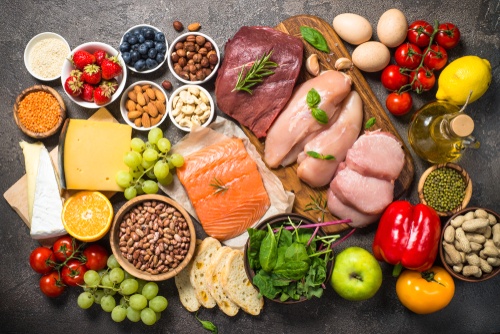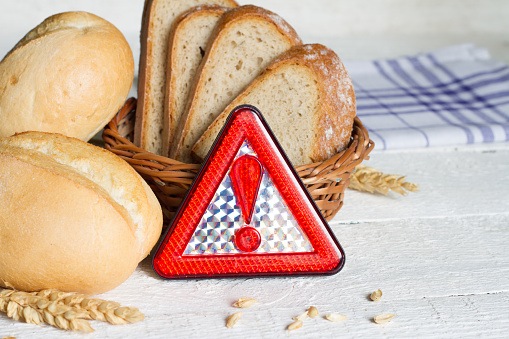
Recent research has found that new policies designed to improve nutrition could have strong implications in preventing cancer. These policies, utilizing taxes or warning labels, would significantly decrease medical costs by lowering the number of cancer cases physicians must treat each year. These findings were presented at Nutrition 2019, held in the Baltimore Convention Center from June 8-11.
Benefits of ‘Added Sugar’ Labeling on Nutrition Facts
One study estimated that including added sugars on all Nutrition Facts labels (mandated by the FDA in 2016) could prevent 35,500 new cancer cases linked to obesity, as well as 16,700 cancer deaths in a lifetime in the US. This policy is also estimated to gain 113,000 life-years and save roughly $1.4 billion in medical costs. When considering the additional savings in patient time, productivity loss, and implementation costs from the industry and government, this added sugar policy would also save about $500 million in total costs. This model indicates that labeling for added sugars could significantly decrease the number of cancer cases and deaths, associated medical costs, and that the industry’s response could cause similar or larger benefits than consumer responses.
Putting Taxes on Sugary Drinks
Another study found that taxing each sugar-added drink by 1 cent per ounce could prevent roughly 17,000 obesity-linked cancers and 10,000 deaths. The cost savings associated with this tax is $2.4 billion in lifetime medical costs for 13 different forms of cancer. Endometrial, kidney, and liver cancers were estimated to reap the greatest health benefit from this tax.
Cancer Costs Associated with Poor Nutrition
Management of cancers caused by unhealthy diets is estimated to incur $6.9 billion in medical costs over a 5-year course. Colorectal cancer is most strongly attributed to an unhealthy diet, accounting for almost 70% of this cost. This “poor diet” stems mainly from lack of fruits, vegetables, whole grains and dairy, and high consumption of processed meats, red meats, and sugary beverages. Through the implementation of nutritional policies, medical costs associated with these cancers are expected to decrease.
Targeting Food Price in Reducing Cancer Rates
Developing policies that target the price of food has the potential to reduce cancer disparities in low-income communities. A new study suggests that a 10% national tax on added sugar beverages and processed meats alongside a 30% Supplemental Nutrition Assistance Program (SNAP)-targeted food subsidy for fruits, vegetables and whole grains would greatly reduce cancer disparities. This would produce an estimated 16 less cases per million SNAP users compared to their higher-income counterparts. These policy changes were estimated to account for a 7,208 decrease in new adult cancer cases in the US in 2015.
Reducing Processed Meat Consumption
An excise tax or warning label on processed meats could potentially generate significant economic and health benefits, as per new research. This work found that a 10% tax on such meats would reduce the number of annual colorectal and stomach cancer cases by 77,000 and 12,500, respectively. Doing so could also save $1.1 billion in medical expenses. This study also found that warning labels on these products could save $1.3 billion in costs and prevent 85,499 colorectal and 15,000 stomach cancer cases as well. Those who stand to benefit from such policy reforms are the young, those with high cancer risks, and individuals who consume high quantities of processed meats.
#Nutrition2019 research featured in Yahoo! News: New research links millions of cardiovascular deaths worldwide to insufficient fruit and vegetable consumption https://t.co/nlqet2tlpW
— ASN (@nutritionorg) June 11, 2019






 © 2025 Mashup Media, LLC, a Formedics Property. All Rights Reserved.
© 2025 Mashup Media, LLC, a Formedics Property. All Rights Reserved.